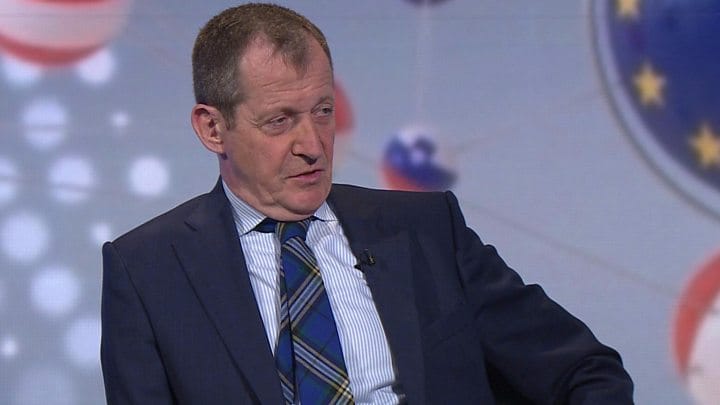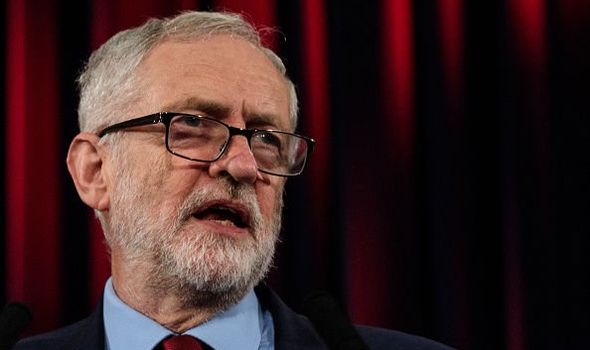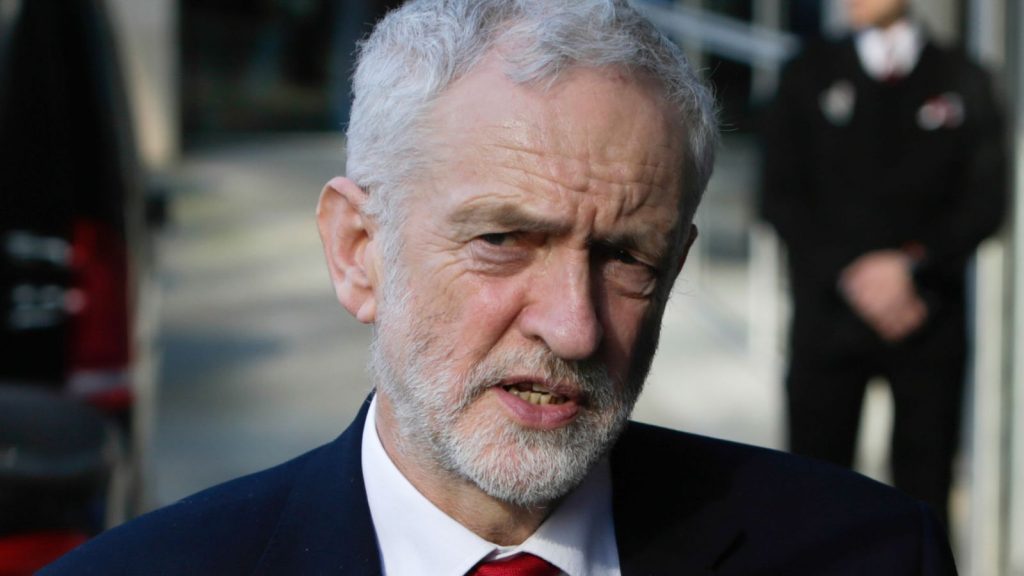What does the future hold for Labour? That’s a question that has been raging for many years and which has come under the spotlight most recently with the departure of New Labour giant Alastair Campbell.

The long-standing member, most known as Downing Street’s Director of Communications under Tony Blair, was recently expelled for voting Liberal Democrat in the European Parliamentary elections.
Now the question concerning Labour’s future is a difficult question to answer. Post-Blair and Brown, the Labour Party was in disarray as previously stalwart voters turned their backs on the party in the aftermath of the Iraq War. Labour were thrashed in the 2010 general election – which resulted in a coalition government – then lost once again in 2015.
Enter Corbyn, who won by a landslide victory supported by an organised and dedicated youth movement (Momentum).
What should have been a renewed time for Labour has instead resulted in difficult elections, lost MPs and in-fighting. In 2017, despite losing to the Conservatives, Labour gained 30 seats – the first time is had gained seats since 1997. But it still lost.

Things got worse during the European elections with many Labour voters switching to Greens or Lib Dems, leaving Labour with a loss of 10 seats. Meanwhile Labour was fighting against accusations of institutional anti-Semitism.
Corbyn’s detractors will point to these losses as evidence that he is dead weight, whilst his supporters see him as representing a radical shift to the left, with some losses necessary to split from the Labour of the Blair years.
Campbell himself accused Corbyn of ‘unleashing a hard left, sectarian, nasty politics’ on the public. Whether you believe this or not seems to depend on a number of factors: age, political leanings,
Young Labour voters tend to view Corbyn favourably; arguably this is down to their experience of Labour being dominated by the Iraq War, and a decade of Conservative-led austerity. Young people have borne the brunt of many austerity measures – reliance on rental properties without the legal support when things go wrong, the brief removal of housing benefit eligibility for under-25s, zero hours contracts and insecure working conditions. They face a future without the financial security of previous generations. Young people were also more likely to vote Remain in the Brexit referendum and are now finding that their ability to study and work abroad has been trashed, even as British emigrants enjoy retirement in Spain.
A more left-wing political party therefore appealed to the youth movement. They utilised social media, became more politically active, even made memes about Corbyn. Whilst this fervour may have alienated more traditional Labour voters, it certainly motivated the youth more than previous political campaigns (i.e. Ed Miliband’s failure to eat a bacon sandwich).
For older groups, the expulsion of figureheads like Campbell will sound alarm bells. Blair’s Labour symbolised a more neoliberal position that often seemed to move away from its traditional working class roots. Corbyn is anti-war, campaigned against apartheid, is pro-nationalisation of public services, previously a trade union representative. He should appeal to huge swathes of Labour members but his leadership has been marred by the aforementioned losses in elections.
And that’s really the crux. Labour has failed to win a majority in an election since 2005 and they lost seats in the European elections as voters moved towards other left-wing parties. If Corbyn is the saviour of the Labour party then why are we not seeing the results necessary to win? We have ended up with Boris Johnson as Prime Minister, voted in only by Conservative party members.
There may be no way to reconcile these facts. The more radical side of Labour will most likely continue to support Corbyn and will hope to see some positive electoral results from it. Meanwhile, more centre-left members will want to be rid of someone they see as a millstone preventing them from success. It seems like an impossible quagmire to navigate and it will only get more difficult.

The expulsion of Campbell is emblematic of this dissonance in the Labour Party. For some, Campbell is a reminder of supposedly better times – when Labour were in power and seemed unstoppable. For others he is a symbol of the worst of Blair’s reign: ‘sexed-up dossiers’, the Hutton Inquiry, the ‘special relationship’ between the US and UK.
As someone born in 1992, Labour came into power when I was 5 years old. New Labour, with its shiny media-savvy image, defined politics during our early years. We’ve also lived with austerity for a large proportion of our lives. Young people are desperate for a radical change that listens to our concerns about the environment, capitalism and the changing political landscape of the UK. Many of us will look at people like Alastair Campbell as a relic, a shameful past we’d rather forget. But the simple fact is that Labour cannot do anything to improve our lives unless they win a general election. The next one will be in 2022; Boris plans to take us from the EU this October, whether there is a deal or not.
A lot can happen in a few years. Labour faces the constant threat that it will lose more seats and, eventually, more supporters to parties like the Greens and SNP. It desperately needs to figure out a way to move on from its current stagnation – whether that is through mediation or a radical and permanent break from supporters of New Labour. It is a difficult task and the question remains whether Corbyn is up to the job.


